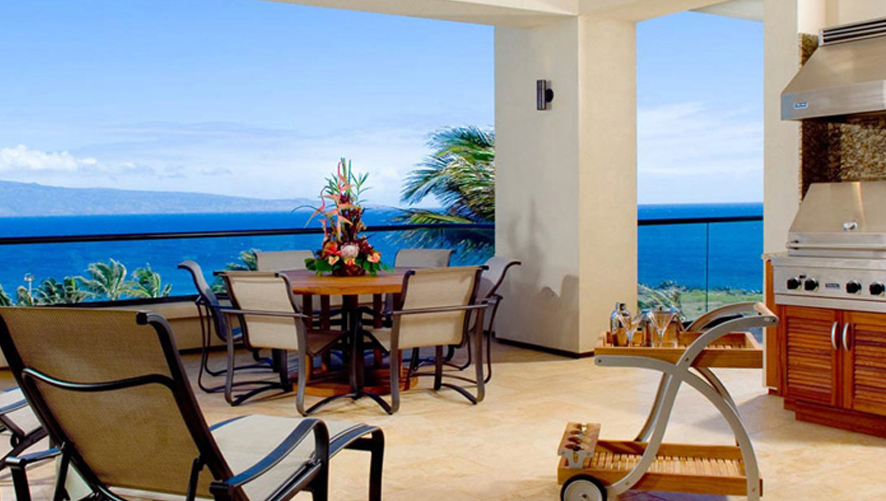
How To Make a Decision on Buying a Rental Property
Are you considering investing in a rental property?
Before you do, here are some things you should evaluate.
· Expected annual rental income
· Annual property expenses
· Associated risks with making the investment

Expected Annual Rental Income
To determine the amount of annual rental income, do your research on comparable units. Look for other rentals listed in the neighborhood you're considering. Find properties of similar quality. If your property of interest is newly renovated and has a lot of amenities, consider that when you’re looking for comps. This search can give you a general idea of the price you’ll be able to charge a future tenant.
Here's an example:
Say you buy a house for $200,000.
From the research you performed, the average rent for a similar property in that location is $1,000 per month.
Using these figures, you can calculate your expected annual income. In this case, you can expect $12,000 a year ($1,000 x 12 = $12,000), or a 6% gross return.
Annual Property Expenses
Property expenses should be categorized as fixed and variable expenses.
Fixed expenses are recurring expenses and include:
· Annual property taxes
· Repairs and maintenance
· Insurance fees
· Property management services fees
Variable expenses are usually unknown and even unpredictable. Some examples are:
· A new water heater, air conditioning unit, or heater
· Leaking or damaged roof
· Fallen fence from a storm
· New flooring if there has been a water leak
· Repairing part of the plumbing
Following the example above, say you calculated your fixed costs to be about $2,000 for the year. And to be conservative, you decide to set aside the same amount of money for variable costs, so another $2,000 for the year.
Given these costs, your net return would be $8,000 per year ($12,000 in annual rent minus $4,000 in annual expenses). The calculation makes the assumption that your rental property was consistently rented throughout the year.
You can also use AARP's Investment Property Calculator for a better estimate of your net return.
Associated Risks with the Investment
Some risks that are involved in the purchase of a rental property include:
· Being unoccupied for a considerable number of weeks or months.
· The risk of having to evict a tenant which could mean unanticipated legal fees.
· Possible damage to your property caused by a tenant, that could cost you more in expenses than the deposit covered.
To help you reduce some of these possible risks, you can consider working with a qualified property management company (find out how to identify the best property management company for you). With their expertise and knowledge, they are able to find the right tenants. The cost of working with a property management company is around 10% of the rent you receive for your rental.
A Few Other Recommendations
Before making any investment, it’s important to obtain as much knowledge and understanding of the investment as possible. A good way to do this is read about the subject. One highly recommended book on the topic of real estate investing is “How To Get Started in Real Estate.” This book is different than most of the books on this topic. The author provides very practical advice and makes it specific and clear-cut.
Another recommendation would be to speak with a Certified Public Accountant (CPA) that works with clients who own rental properties. Get their advice and pick their brain, ask as many questions as you have. They’ve likely had clients with an array of experiences, which means they can pass on that advice and wisdom onto you.
Latest Posts
Contact us
Ryan Gravel

Ryan Gravel is an American real estate broker and developer. He began his career at a young
age working for his family owned construction company.
After graduating college at the University of Central Florida with a degree in business,
Ryan set out to find untapped prolific markets around the world. His search landed him in
Playa del Carmen, Mexico where he founded Virgin Realty Mexico and co-founded the Saatal
Development Group one of the fastest growing development companies in the Riviera Maya.
With extensive market knowledge, professionalism, etiquette, innovation and integrity Ryan
is known as one of the most highly respected real estate advisors in the region.




